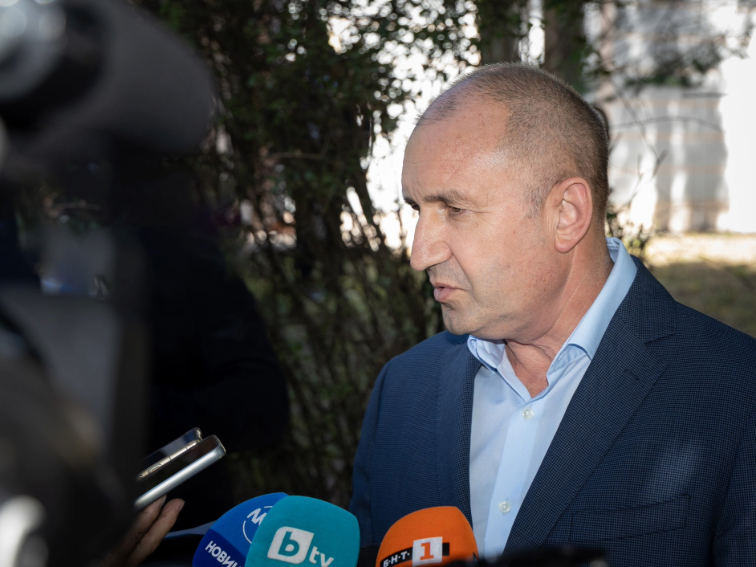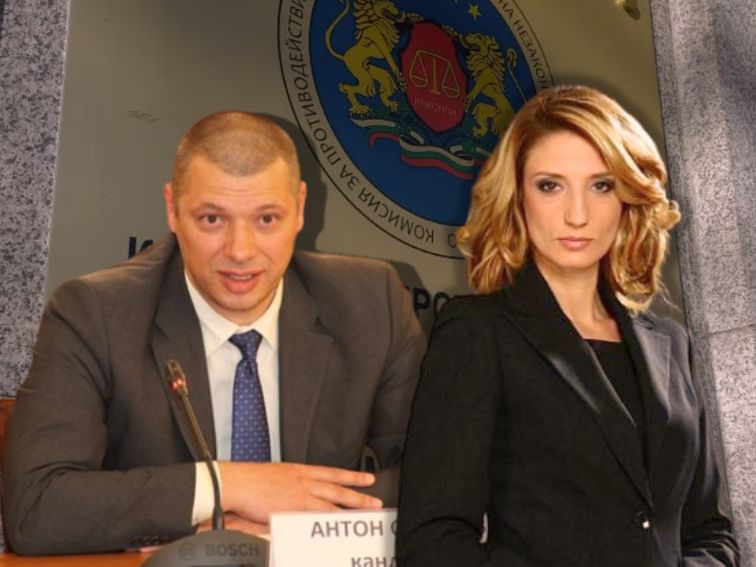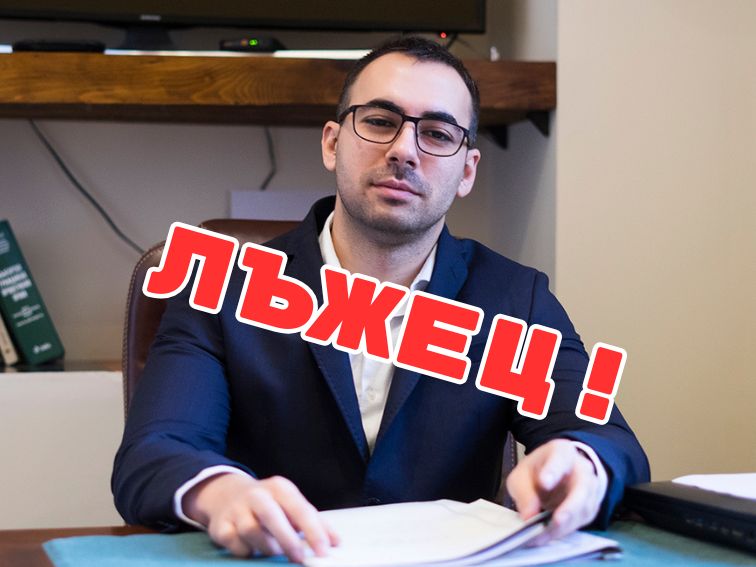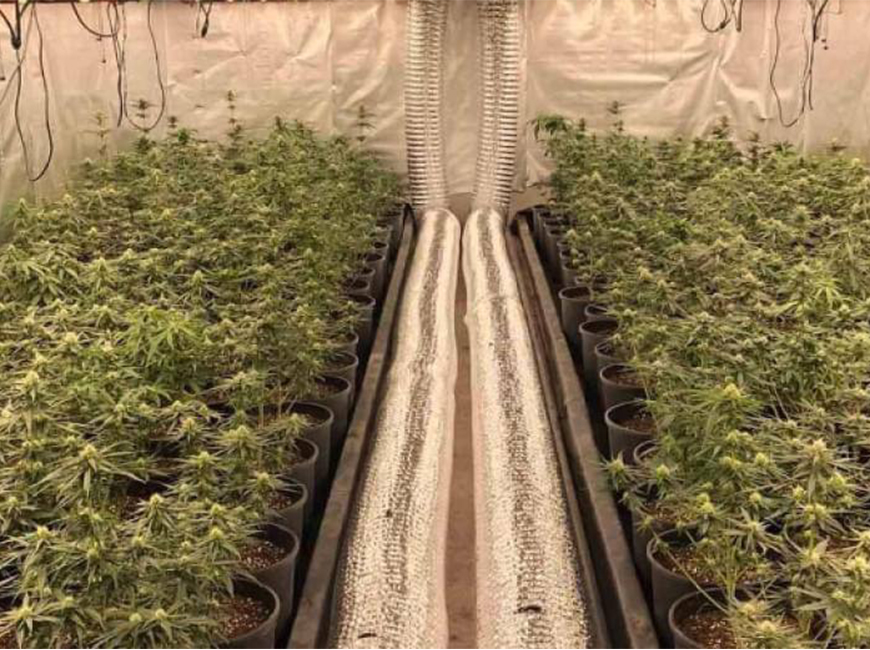The national spectacle begins with fanfares, the hall arranged for celebration. Cameras flash, microphones are ready. Prime Minister Boyko Borissov speaks in a deep, statesmanlike voice, while next to him, European Commission President Ursula von der Leyen nods gravely and smiles approvingly.
“A huge German investor is coming to Bulgaria!”, “1,000 new jobs!”, “Up to 1 billion euros in investments!” – these are the messages flooding the airwaves.
The news was presented as a national triumph. But once we strip away the PR packaging, the truth is far more prosaic – and much less pleasant.
The official version:
“German company Rheinmetall is investing half a billion euros in a factory in Bulgaria.”
The reality:
Bulgaria is taking a €500 million loan under the EU’s SAFE mechanism, with a 10-year grace period and repayment over up to 35 years. The funds will finance a factory built on the assets of VMZ – Sopot. With this money, a new factory will be added to VMZ – Sopot. The controlling stake will be German. Once construction is complete, 51% of the ownership will pass to Rheinmetall, while Bulgaria will retain 49%.
Actual investment today: around €300 million for construction, equipment, and initial salaries. The money comes from the loan, secured by VMZ’s assets.
Projected value “someday”: up to €1 billion, if there are expansions, if there are enough orders.
In other words, the German corporation is not investing a single eurocent of its own, yet it becomes the majority owner of a factory built with our debt. We provide today’s money and take on the risk; the partner receives tomorrow’s control.
On the news, however, this is framed as a “huge foreign investment.” In reality, it is a loan Bulgaria will be repaying for decades.
At the core of the project lies another cynical fact:
The factory only makes sense if the war in Ukraine (or another prolonged military tension) lasts long enough. The new facility will help increase the production of ammunition for Ukraine, since demand for shells remains high.
The risk is that if the conflict ends or orders decline, Bulgaria may be left with unbearable debt and an underused factory.
In other words, for us to “recoup the investment,” we must hope the war lasts at least a decade.
Politicians called it “the largest German investment in our country.” In reality, it is the largest state loan, presented as foreign capital.
-
The risk is ours.
-
The control is theirs.
-
The profit is private, the debt is public.
On screen, it looks like an economic miracle. However, the truth is that Bulgaria is footing the bill.
The very logic of the project rests on a sustained, high demand for ammunition. Rheinmetall publicly reports new large contracts for 155mm shells, and international agencies explicitly link the expansion of capacity in Europe to the war in Ukraine. If demand drops suddenly, Bulgaria will bear the risk of idle capacity and debt.
Contrast: How Poland and the Czech Republic do it
Poland — state control, license autonomy
Warsaw invests through state instruments in PGZ to massively expand domestic production of 155mm shells, seeking partners under conditions that ensure technology transfer and rights for full local production, modification, and export. Thus, the money and control stay with the state-owned group, while foreign firms provide licenses and technology under clear rules.
Czech Republic — diversifying partnerships, no majority control for foreign investors
Prague operates through domestic and regional producers (e.g., Sellier & Bellot/Colt CZ) and international agreements, including tech transfer and joint ammunition initiatives with Ukraine. Rheinmetall is present in the Czech Republic, but only as a contractor for maintenance/services, not as a majority owner of a new plant financed with Czech debt.
Conclusion from the comparisons: Poland and the Czech Republic structure their projects so that state control, licenses, and autonomy remain national. In Bulgaria, the controlling stake is held by the partner, while the state assumes the loan and construction risk.
Meanwhile, while “1,000 new jobs” are promised in Sopot, workers at “Terem – Han Krum” in Targovishte protest over delayed wages and proposals to cut the working day to 4.5 hours. Employees block the Sofia–Varna road, unions warn of staff leaving, and a lack of orders. This is the painful backdrop to the “new industrial start.”
On screen, it looks like a miracle: a foreign giant “invests” a billion, Europe “supports us,” 1,000 jobs “arrive.”
In practice, Bulgaria takes a loan and builds a factory where the controlling stake belongs to the partner. Meanwhile, domestic enterprises like “Terem-Han Krum” shrink and protest.
This is not just a matter of rhetoric. It is a choice of model:
-
Our debt + foreign control, or
-
Our capital/guarantees + our licenses/rights and managerial control (as Poland and others seek).
Today we have chosen the first. We will be paying the bill for a long time.
Join our community on Telegram HERE.












Comments
The article has 0 comments